Technology for Health Equity Requires a New Type of Organization
CareMessage is the technology non-profit building the largest patient engagement platform for low-income populations in the United States.
OUR DONORS
As technology has evolved, there has been little to no impact on health equity.
In the United States, life expectancy for low-income populations is 10-15 years less than high-income populations. As new technologies have emerged they have not been designed with these populations in mind, widening a digital divide that negatively impacts health equity.
The United States spends more on healthcare than any other nation in the world, yet we see worse life expectancy outcomes. This includes a significant disparity for low-income populations. Low-income populations have a life expectancy 10-15 years shorter than high-income populations, with even greater disparities among certain racial and ethnic groups.
Technology has the potential to improve outcomes and advance health equity. However, even with the wide adoption of technologies like electronic health records (EHRs), these fall short in meeting the needs of the people who need it most. For example, patient portals integrated with EHRs are often thought of as a key solution to patient engagement. However, some studies show patient portal adoption rates as low as 20% for low-income populations. One example of why this happens is they often do not support languages beyond English, which are critical for this population. Without an approach that centers low-income populations in the design and adoption of technology, we risk increasing health inequities.
Over 90 million people in the United States live at or below 200% of the Federal Poverty Level (FPL), which is the usual cutoff for social services. In 2024, this equates to a family of four making less than $62,400 per year. At this income level we cannot treat health conditions without addressing social drivers of health, i.e. non-medical factors like food and housing that impact someone’s ability to improve their health. Our populations often have to make tradeoffs like attending a preventive care visit or missing out on their wages for that day, which can be the difference between paying their rent that month or falling behind.
Low-income populations live
years
less than higher-income populations.
Studies show rates as low as
of patients in our target demographic access patient portals via their electronic health record (EHR), even post-COVID.
OUR THEORY OF CHANGE
Building Technology to Improve Health Equity Requires a New Type of Organization.
Our Why: Technology for Health Equity
Low-income populations need equitable access to tech-based solutions that combat, not exacerbate, longstanding healthcare inequities.
Our Who: Experience-Led Design
People who share the lived experiences of low-income populations, or have experience in healthcare, are necessary to design and build solutions that work.
Our How: Revenue Enables Impact
Impact on health equity is our number one priority, and when necessary, we focus on our non-profit’s mission rather than focusing on revenue from our product offerings.
OUR VISION
A world where people from low-income populations achieve health equity through increased access to care, improved clinical outcomes, and addressed social drivers of health.
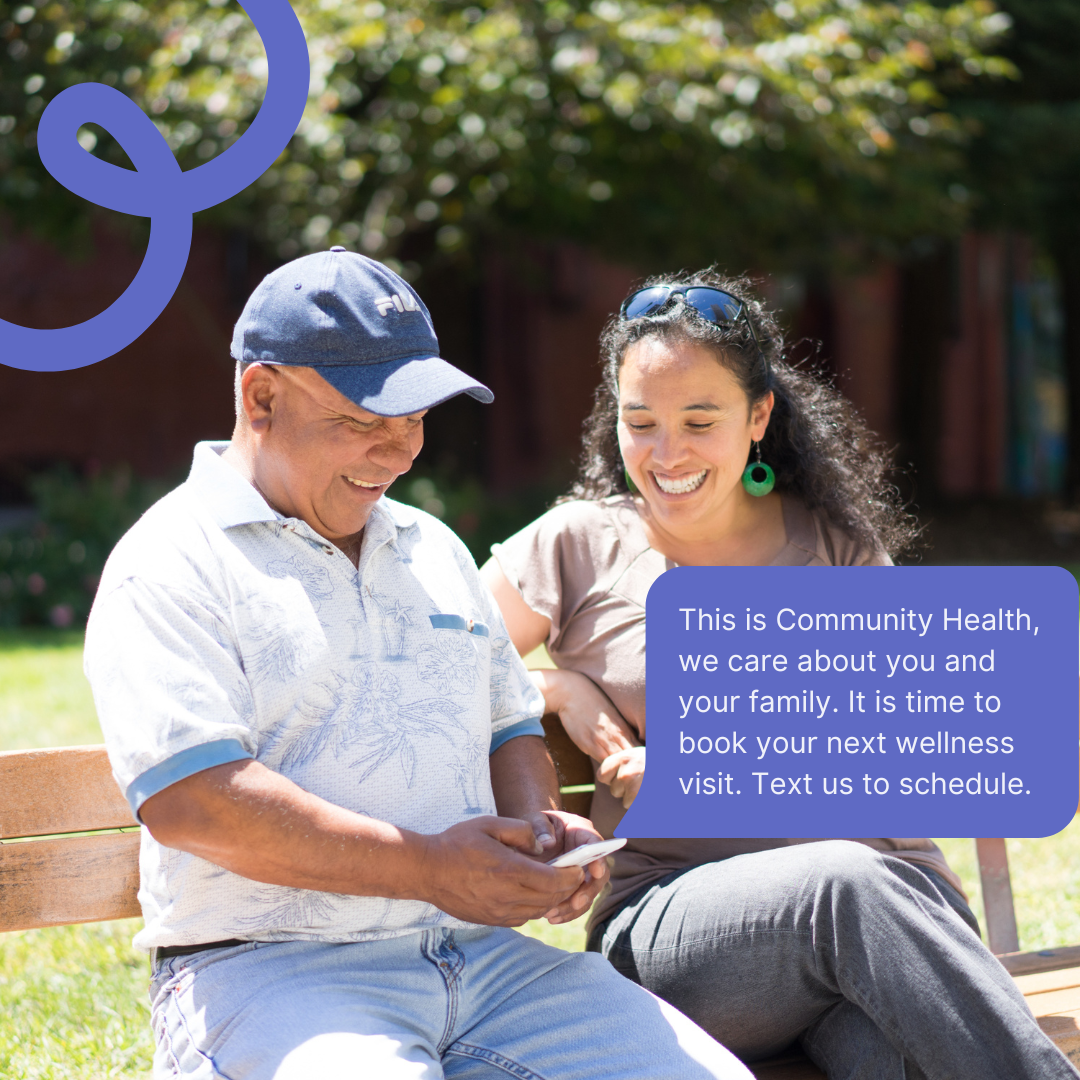
OUR MISSION
Leverage technology to improve health equity for people from low-income populations.
OUR VALUES
We CARE, every step of the way.
Collaboration
Solving health equity challenges requires collaboration across teams, with customers, and our target populations. To succeed, we must adopt a growth mindset, testing and validating our assumptions while viewing failures as opportunities to learn.
Authenticity
We value transparency, honesty, and integrity in everything we do. This is reflected in how we measure our impact and how we interact with stakeholders—customers, partners, and donors alike. Our actions, both internally and externally, are consistent and intentional.
Results
Achieving health equity demands rigorous evaluation. We prioritize data-driven approaches to measure the real outcomes of our work. We avoid vanity metrics and focus on meaningful activities that lead to genuine impact.
Empathy
Health equity is shaped by systemic issues, and empathy is key to addressing them authentically. We practice respect and cultural humility towards our peers, target populations, customers, and partners. We aim to create an inclusive environment, prioritizing everyone’s well-being and challenging ourselves to see the world through others’ lived experiences.
OUR GOAL
By 2028, CareMessage aims to improve health equity for 5 million people from low-income populations each year.
Increase Access to Care
Make healthcare more accessible to low-income populations through tackling availability, affordability, delivery and quality of care.
Improve Clinical Outcomes
Drive measurable improvements in behavior and outcomes that impact prevention, screening, incidence, and mortality rates for the conditions that disproportionately affect our target populations.
Address Social Drivers of Health
Transform the way healthcare addresses social needs through increased and timely screenings, resource distribution, and delivering support to patients in need.
OUR DONORS
Supported in Our Commitment to Improving Health Equity
CareMessage has raised over $43M in philanthropic capital since our founding in 2012. We are grateful for the support of many institutional and private donors.
Institutional Donors






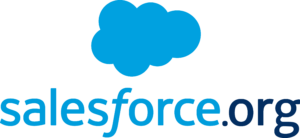



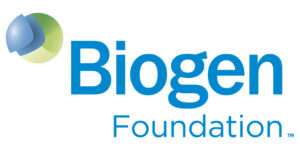



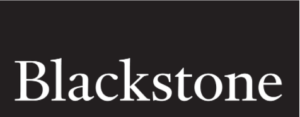


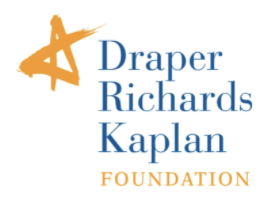

Individuals donating between $500,000 and $10 million
The late William K. Bowes Jr., US Venture Partners
Coleman Fung, CEO and Co-Founder, Blue Goji
Joe Gleberman, The Pritzker Organization
The late John Kissick, Ares Management
John Levin, Former Chairman, Stanford Health Care
Liebe Patterson, The Elizabeth R and William J Patterson Foundation
Steven Merrill, Founding Partner, Benchmark Capital
Deedee McMurtry and the late Burt McMurtry, McMurtry Family Foundation
